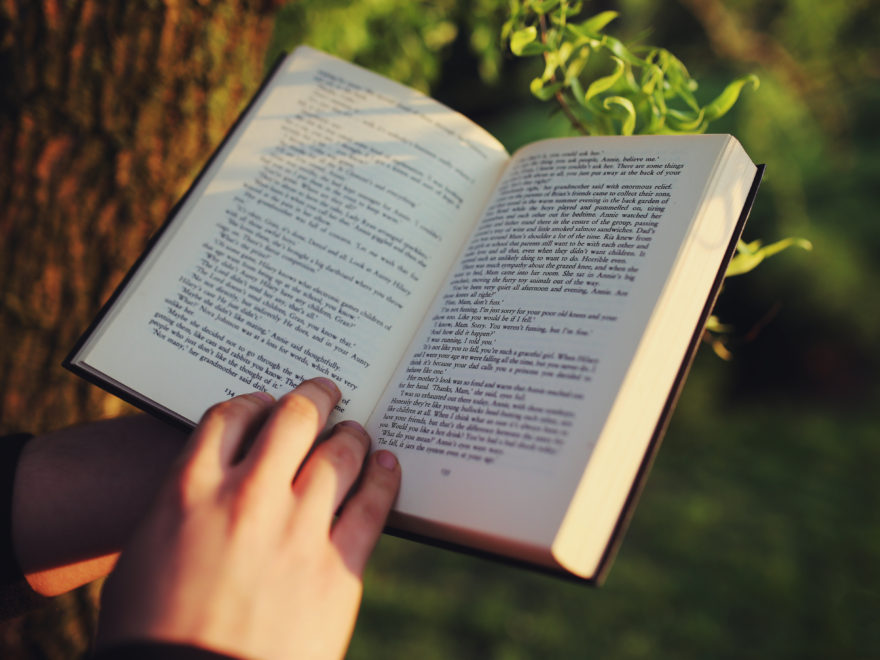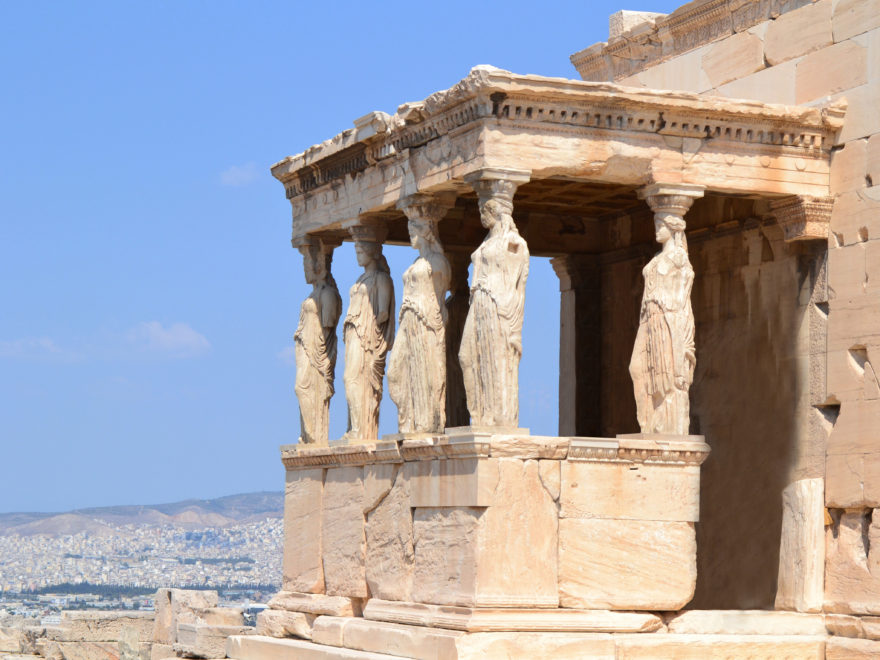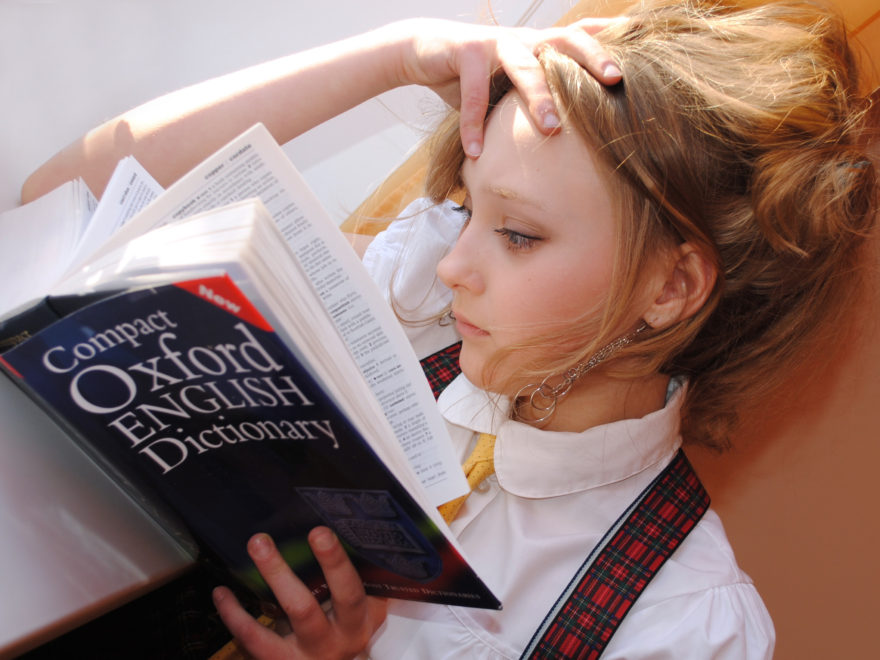Tag: flow
-

The Flow of Thought, Part 3: Narration as Flow
It’s been a little while since my last article on the flow of thought, or how Mihayli Csikszentmihalyi’s concept of flow can support the philosophy of classical education. In the meantime, I’ve shared an early version of my eBook on implementing Charlotte Mason’s practice of narration in the classroom (see our new Narration page for…
-

The Flow of Thought, Part 2: The Joy of Memory
In my last article “The Flow of Thought, Part 1: Training the Attention for Happiness’ Sake” I drew a connection between Aristotle’s view that happiness is the chief goal of education and the findings of modern positive psychology. In Mihaly Csikszentmihalyi’s Flow: The Psychology of Optimal Experience, he reports his findings that people report being most…
-

The Flow of Thought, Part 1: Training the Attention for Happiness’ Sake
It may seem strange to look to modern psychology for support of classical education. After all, it’s the vagaries of modern thought that have got us into this educational trouble in the first place. The abandonment of tradition, the scientism and revolutionary overhaul of religion have all taken their toll on the proper training of…
